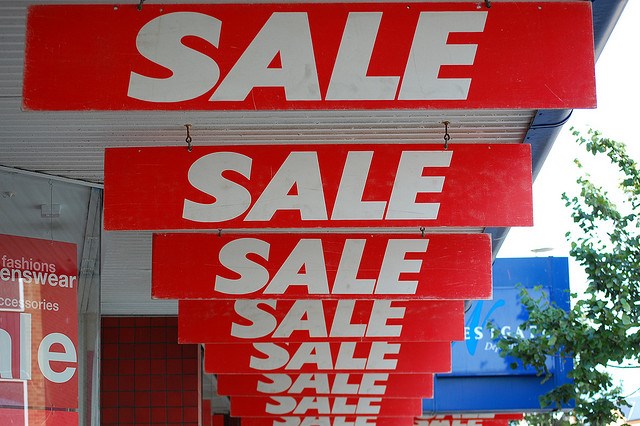Red Apple stores (which include the Bargain Shop) teamed up with the Centre for Addiction and Mental Health Services for the first ever Darkness to Light Challenge on May 29 to raise awareness about mental illness and addiction and raise funds for various mental health initiatives.
“For us, it’s the first time we’ve ever had an event like this open to the public on a broad mass scale,” said Denise Koulis, a marketing specialist with CAMH. “What it’s done has not only raised awareness for the cause of mental illness and addiction, but also the need for the best standard of care and advanced research.”
She added that two thirds of people with a mental illness won’t seek help because of the stigma around it, which is one of the things CAMH is hoping to help fix with the Darkness to Light Challenge.
“The more participants talk to people in their family and friend/work groups, it normalizes mental health and reminds us all that there’s no health without mental health and checking up on how our brain is doing is as important as checking up on what our body is doing,” Koulis said.
CAMH is based in Toronto but has services globally – the centre has doctors across the world and has awareness campaigns that benefit everybody.
“We’re really working to build a capacity to everyone, not just at a standalone hospital,” Koulis said.
CAMH is trying to raise awareness about the issue of mental illness, since there are a lot of misinformed attitudes about it. Koulis said that following CAMH’s first awareness campaign, the number of people seeking emergency help doubled. The biggest problem facing mental illness sufferers is the lack of awareness and dismissive attitudes a lot of people have toward mental health issues.
“It’s really troubling. We would never say that someone who has cancer who can’t get up in the morning … is lazy or trying to get out of work. That’s a huge issue and what keeps people from getting help,” Koulis said. “We’re often flip in society, saying ‘Oh, that’s crazy,’ or ‘Oh, pick up your socks.’ It’s not about that. You would never say that to someone who has cancer or someone who broke their arm. We’re trying to get the word out that it’s a medical issue. For some, it’s an urgent issue. Dismissing someone like that isn’t helping anyone.”
According to Koulis, one out of every five people is affected by mental illness. What people may not know is that there is treatment for mental illness that works – maybe not all the time, but those cases are rare.
“We’re all struggling with something,” she said. “We all know someone … family, friends, colleagues, neighbours, oftentimes they’re ourselves. To try to hide this or to stigmatize people who are struggling is only hurting our own communities.”
CAMH doesn’t just focus on treating people and awareness campaigns – the centre also engages in research. For example, there’s research right now into how magnets can lift the mood of people with depression.
The money raised by Darkness to Light will go towards helping CAMH expand so they have more resources for research and have a farther reach to help people with mental illnesses across the country.
Friday’s event at the Bargain Shop saw sales leading up to the event, as well as promotions that night, where the store stayed open until midnight.
“Mental illness has been in the dark for so long and there are so many people affected by it,” said Cheryl Wegleitner, manager of Humboldt’s Bargain Shop. “I think everybody knows somebody who has a challenge with mental illness. I think that’s why the company has gone onboard with this. There’s so much stigma and it just wants to make people who have mental illness or addiction problems bring it out so they don’t have to be embarrassed. It’s not something that’s their fault. It’s an illness and there are ways to take care of it. If they don’t come out with it then they’re going to be suffering with it. That’s something that our company is taking a stand on.”
While there’s still a long way to go towards accepting people with mental illnesses, Koulis is hopeful for the road ahead.
“There is hope. It’s not an easy thing to deal with. It’s what they refer to as an invisible disability for the most part,” she said. “I think we as a society can forget that and not realize that the struggle is real and intense and if we can all stand up for each other, we’ll all be better.”




